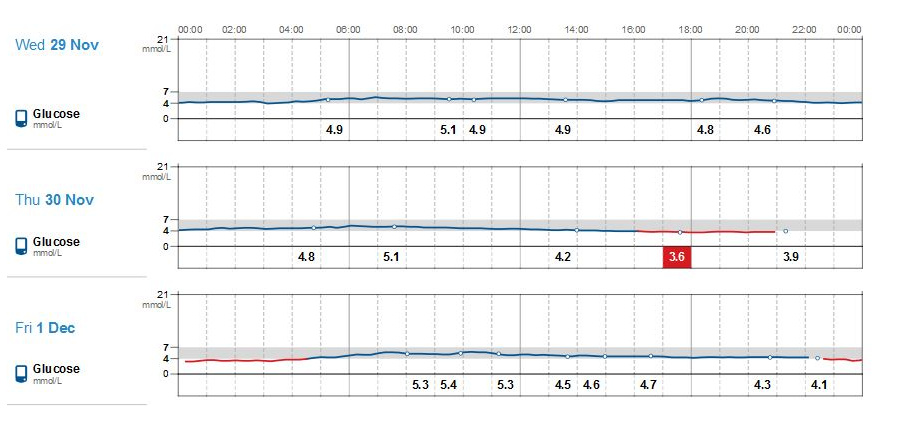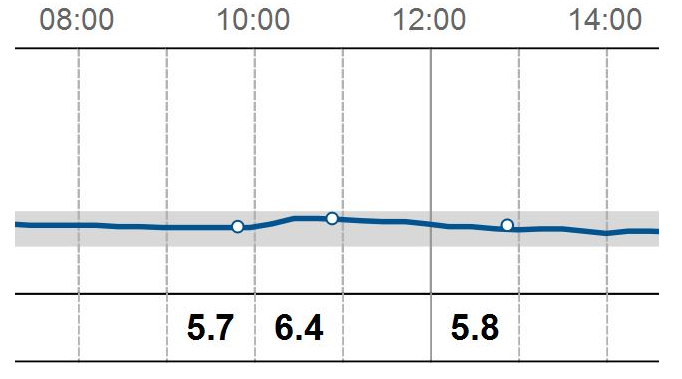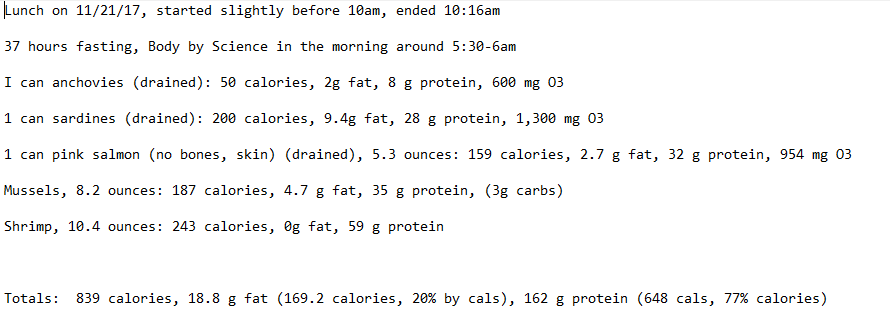Hello everyone! I hope you’re all doing great.
I am new to this forum so I thank you in advance for any reply. I started Keto on the 20th of March. Things have been going pretty well for now. I used urine strips and a blood ketone meter to measure the amount of ketones and my glucose levels. Since the blood meter arrived after a few days at the beginning I was measuring just with urine strips and I had levels around 5 mg/dL after 3 days and it gradually increased towards 15 mg/dL around the 5th, 6th day.
With regards to the ketone and glucose levels from the blood testing the results are the following:
25/03: Ketones 0.8 mmol/L and Glucose 3.6 mool/L or 66 mg/dL
26/03: Ketones 1.3 mool/L
27/03: Ketones 1.7 mool/L and Glucose 3.7 mool/L or 66 mg/dL
28/03: Ketones 2.4 mool/L and Glucose 3.6 mool/L or 66 mg/dL
29/03 Ketones 1.6 mool/L and Glucose 4.0 mool/L or 72 mg/dL
30/03 Ketones 1.2 mool/L and Glucose 4.0 mool/L or 72 mg/dL
I have always tested in the morning before eating. I am 5’7 foot tall (173cm) and I weight 128 pounds (58,3 kg). Until now my macros have been on average 7% carbs, 21% protein and 72% fat. I am eating around 1500 kcal a day so more or less max 26 grams of total carbs a day, 76 grams of protein and around 117 grams of fats.
The issue is that I don’t know how to account for my activity level. I don’t do strength training nor intense cardio and my lifestyle is pretty sedentary (office type of work). However, I walk everyday 3.5/4.5 miles (5-8km) for an hour or more, not at a brisk pace but neither slow (I’d say around 2.5/3 miles per hour). This confuses me with the amount of protein I should eat as if I understood well the amount of protein for a sedentary lifestyle is 0.8 per pound yet I don’t think I am truly completely sedentary.
Since the level of ketones in my blood is decreasing (although I read that is not necessarily a bad signal) perhaps I am doing something wrong or my macros are wrong? Maybe I am eating too much protein? or maybe something else? My goal is weight loss so I should eat less calories than I actually am as I my BMR is around 1600/1700 (or at least it was the last time I had a check up).
Other details that may help are that I eat a bit more than my actual hunger (trying to work on that) and I have episodes of insomnia (for example yesterday night I slept only a few hours and today I overslept) which I think if I’m not mistaken can have an impact.
Today I woke up weighting 1 pound more (0,5 kg) and I feel like it’s a bit of water retention which is also weird as I have experiencing no particular retention since I started which also made me think about my diet. In other words I am not concerned about the weight as I know it can fluctuate a lot day to day but just wondering if I am doing something wrong.
Thank you very much for reading it and for your time! All opinions are valuable and I would really appreciate your take.



 I think there is just a bit of room for improvement! I totally agree with weight not being the right indicator as lean mass weights a lot more and that a low number on the scale does not entail a toned body. I simply don’t have other measurement tools right now and the scale was the most readily available! I thank you for your advices though! My lack of physical exercise is due to the fact that I am required to spend 14/16 hours a day working and I have a difficult time to include exercise (I could wake up one hour early but I also need rest) in my daily routine. That’s why I walk so much: I manage to include it daily whilst doing other commissions!
I think there is just a bit of room for improvement! I totally agree with weight not being the right indicator as lean mass weights a lot more and that a low number on the scale does not entail a toned body. I simply don’t have other measurement tools right now and the scale was the most readily available! I thank you for your advices though! My lack of physical exercise is due to the fact that I am required to spend 14/16 hours a day working and I have a difficult time to include exercise (I could wake up one hour early but I also need rest) in my daily routine. That’s why I walk so much: I manage to include it daily whilst doing other commissions!


 but I still make time to plan meals!
but I still make time to plan meals!